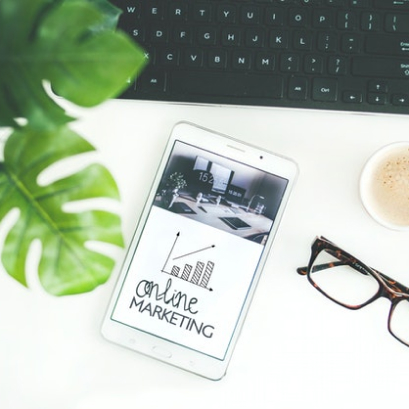THE TRUTH ABOUT BRANDS
Enquire Now
Why building a brand is very important, but YOU DO IT BY SELLING, not advertising - IT'S THE RESULTS THAT COUNT!
Your 'brand' is the experience people have of you, what do you remember most - the taste of Coke, or the Coke ads? The way to build a brand is to sell!
The car dealer with the best brand in town is the one who sells the most cars. The lawnmower shop with the best brand is the one that sells most mowers. It doesn't happen the other way around, that's just silly marketing theory! In real life, first you sell your product, and then, as a result, if they like your product, your brand is good. If they don't, it's not!
It follows that the only sensible purpose for your ads is to sell! If you use your ads for branding, you're wasting your money. Sorry! Your selling, (salespeople, product, point of sale material) is what does the branding, and there's absolutely no way around that marketing theorists!
If you're brave enough to break with tradition and follow this common sense advice, use strong selling messages in your ads that will bring enquiries! And make sure you include lots of selling information. Too much pretty 'white space' in your ad will actually frustrate people who want to read about your product. And avoid clever branding lines like "things go better with....", " your partner on the land...", "we've got it all..." because they don't increase sales!
The only proven way to build a brand for your product or service is to talk (in your ads) about the benefits of buying it.
This means we need to ask why there are so many big budget brand ads that don't explain the benefits of buying. Brand advertising is a must! Yet most brand ads fail for these five simple reasons:
1. The ads are made by designers or 'creatives' who do not understand that the first requirement of brand ads is: "to generate enquiries!"
While other agencies spend their client's money making ads that entertain, look beautiful, are witty and win awards - Holloway's people labour to write brand ads that actually achieve the first requirement of all advertising - to generate enquiries.
2. Ad people have never been taught how to get a brand ad to generate sales enquiries: you can thank universities and polytechs for this ridiculous situation.
Most tertiary institutions have no idea of the importance of teaching young 'ad people' to get enquiries from brand ads. In their minds, selling is a 'tacky, pushy' business, and the less they have to do with it the better! They prefer to teach 'creativity' which can never be measured. This is wonderful for young graduates who prefer not to be accountable, but terrible for the companies who pay them huge dollops of money to make ads that entertain and win awards, but don't get enquiries.
3. Your customers notice your ad, but don't remember it was for you because it did not tell them the benefits of buying.
How often do you watch a TV ad you really like, then tell your friends about it, but you can't remember who the ad was for? This happens because people only remember you if you give them a reason to want to buy something. If you're not sure how, take a look at the advertising for The Warehouse.
4. Your ad gets your customer's interest, but fails because it does not explain how to buy from you.
Advertising that makes a good job of selling, and then 'packs up it's bags and leaves' before explaining to the customer how they can buy, will fail. We humans are such polite souls that if a salesman knocks on our door, makes a great job of selling a product, and then packs up his samples and leaves without asking for the order - we are too nice to insist on buying. Instead we think that not 'asking for the order' must be part of this salesman's approach, so we wait for a second sales call, which of course, never comes. In Holloway's own ads we always offer several ways for the customer to respond.
5. The marketing people get excited because research shows people noticed their ad. But then they forget to ask if they bought anything: research is important because it lets you learn from your successes and your failures.
Holloway's always research the results of our clients ads. But research will not help you learn anything if you ask the wrong questions. There's no point asking if people noticed your ad, if you don't also ask them if they did buy, or intend buying, as a result of noticing it.
The most common mistakes advertising and design people make in your brand ads!
Awareness: Advertising people think that if your ad makes customers 'aware' of you, it must have worked. They are wrong! You are aware of Pepsi, but if you like Coke better then you won't buy Pepsi!
Recall: This is a favourite little smokescreen for advertising and design people! They think that if your customer can 'recall' your ad, then it must be working. How many ads can you remember, that would never make you want to buy?
Logos and colours: Design shops in particular think that a well-designed logo will build your company's brand. They have got it horribly wrong! These misguided professionals offer the McDonald's 'golden arches' as an example of how a logo 'brands' a company. They fail to realise that the benefits of eating at McDonald's were what appealed to you first. Those benefits built the brand in your mind. The logo would have meant absolutely nothing to you, if you hadn't liked the benefits!
Love: The latest argument from the ad gurus is that we all need to get people to 'love' our brands. They're dreaming! There are few brands in the world lucky enough to have this sort of relationship with their customers. BMW, Apple and Harley Davidson have managed it, but the rest of us have to be content with getting our customers to want our products because they fulfil a need.













